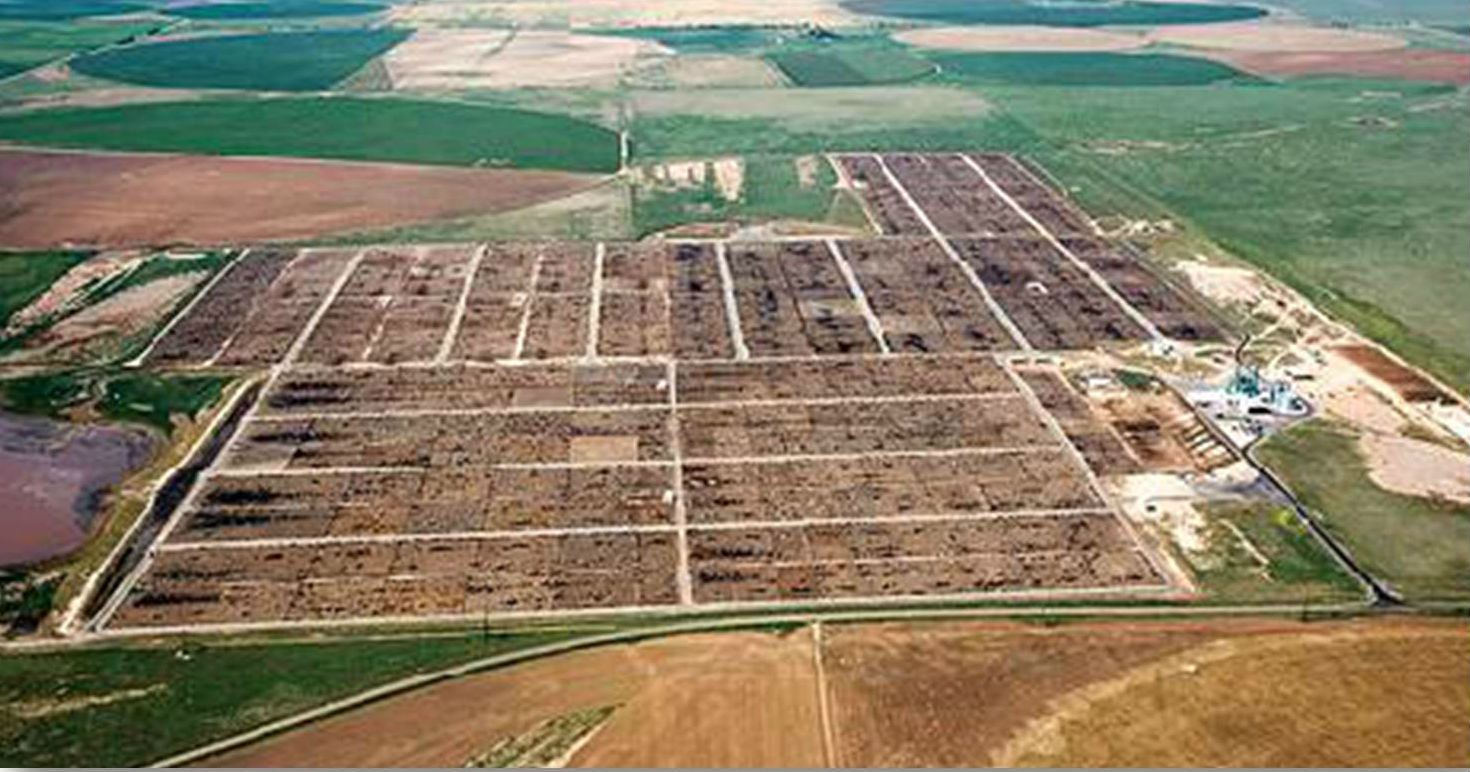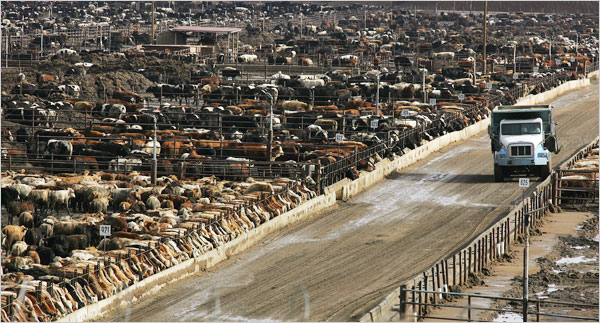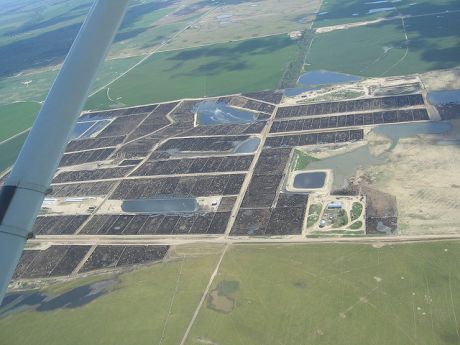In his latest piece for the New York Times, Nicolas Kristof ruminates on two documentaries – the Act of Killing and Blackfish. He doesn’t really see an end to our ongoing ambivalence as a culture towards inhumane treatment of animals but he believes we will look back on our age and be horrified in retrospect. He closes his piece with this resignation:
May our descendants, when, in the future, they reflect uncomprehendingly on our abuse of hens and orcas, appreciate that we are good and decent people moving in the right direction, and show some compassion for our obliviousness.
I disagree with that. I don’t think we are moving fast enough. And I don’t think we should be spared any compassion when the time comes, if it ever comes.
There is a cultural shift happening that could probably be attributed to the internet; information speeds back and forth – our identities are splayed out, our morality measured by our “choices.” Capitalism supposedly gives us choices in how we spend our money – and those choices are often informed by brilliant advertising agencies. It is our choice to buy meat from a factory farm (cheaper) or from an organic farmer who raises his/her cows humanely. It is our choice to pay more to know that we are helping to make the world – and our legacy as humans – a better place. Factory farming must end. Anyone with a thinking brain knows this. But it has to start with the consumer. Unhealthy meat, unhealthy planet – those things are not in dispute. Eat meat from a factory farm and it will eventually cause you harm and your environment harm. But when it’s pushed into the realm of right and wrong people get a little more uncomfortable. Sure, all of the grossly obese Americans don’t give a good goddamned what kind of fat they’re consuming as long as it tastes good and is cheap. How do you think we got into this obesity mess in the first place? The American dream is simple: we get what we want when we want it.
But the morality of eating factory farm meat depends, probably, how willing a person is to care about those animals living like this:
I don’t know about YOU but I’d rather spend a bit more and not buy a Starbucks that day than eat food produced by farms that treat animals — our mammal relatives, believe it or not — like this.
A 2008 Mark Bittman New York Times article about feedlots and factory farming is still a must-read for anyone who has any impulse whatsoever to give a damn. I know, it’s asking a lot to give a damn. We’d much rather marinate in our indulgences and pleasures – eat our “sexy” burgers and drink our Big Gulps without giving a damn. I get it, I do. But your time on this planet is valuable. You as a member of the most intelligent species have the power to enact change, believe it or not, just by giving a damn.
The system in place, the one that keeps growing and growing, mostly unchecked, cannot be sustained. We will wipe ourselves out in our endless pursuit for food we think we need to be eating in a way we need to eat (cheap and fast):
The world’s total meat supply was 71 million tons in 1961. In 2007, it was estimated to be 284 million tons. Per capita consumption has more than doubled over that period. (In the developing world, it rose twice as fast, doubling in the last 20 years.) World meat consumption is expected to double again by 2050, which one expert, Henning Steinfeld of the United Nations, says is resulting in a “relentless growth in livestock production.”
Americans eat about the same amount of meat as we have for some time, about eight ounces a day, roughly twice the global average. At about 5 percent of the world’s population, we “process” (that is, grow and kill) nearly 10 billion animals a year, more than 15 percent of the world’s total.
Growing meat (it’s hard to use the word “raising” when applied to animals in factory farms) uses so many resources that it’s a challenge to enumerate them all. But consider: an estimated 30 percent of the earth’s ice-free land is directly or indirectly involved in livestock production, according to the United Nation’s Food and Agriculture Organization, which also estimates that livestock production generates nearly a fifth of the world’s greenhouse gases — more than transportation.
Moreove
This past June, a National Geographic photographer was arrested for taking an aerial view of a feedlot in Kansas. Now you tell me, my meat loving friends, is this where you’d like to have your latest Subway, Burger King, McDonald’s – or supermarket meat coming from?
While nothing can really compare to the Holocaust, and I would never draw that comparison, but if you’re hiding your behavior from people something is really really wrong. I can’t think of anything more horrifying, where our health and our humanity is at stake.




 I spend way too much thinking about me.
This is the blank space where that paragraph should be.
I spend way too much thinking about me.
This is the blank space where that paragraph should be.